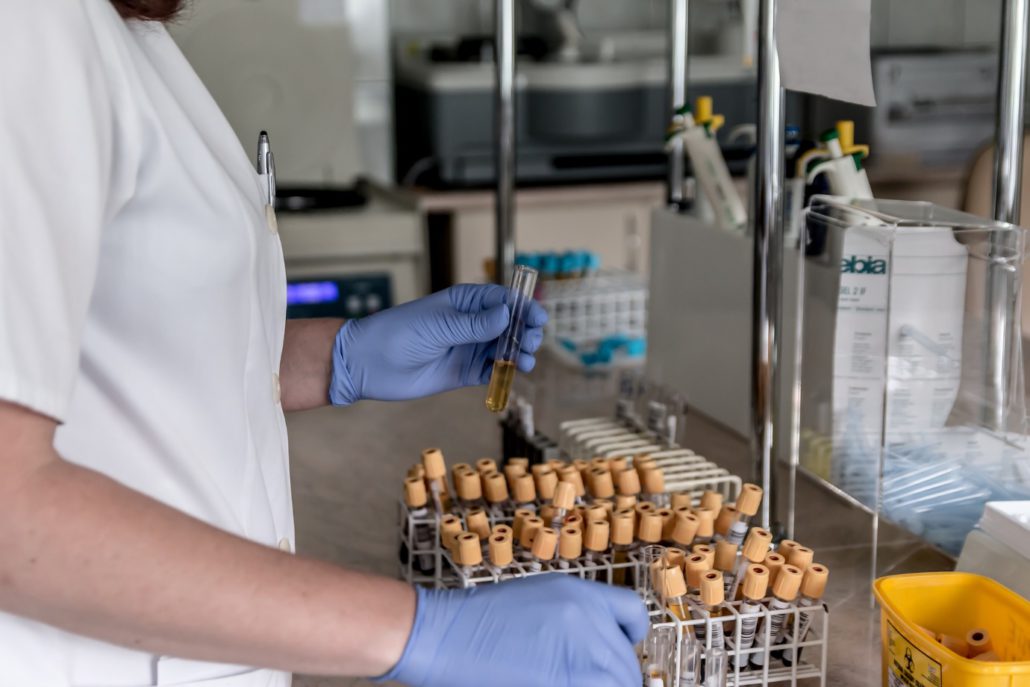Precision medicine has proven quite effective and promising tools in the fight against cancer under the contemporary healthcare trends. As start-ups offer personalised healthcare solutions such as an online doctor’s app, these multiply like mushrooms after rain. Governments and healthcare regulatory authorities must actively response to these trends in order to serve better and survive in the long run. Here’s a rundown of analysis about potential of precision medicine!

A logical product of modern healthcare
“First do no harm”; is a uniform promise of healthcare industry to all which goes beyond the commitment of healing. It’s second-most important bastion of the industry and core requisite of precision medicine. In previous centuries, focus of healthcare was primarily on generalised solutions for the treatment of the ill. Experience and empirical findings were general practices of the medical community since the time of Hippocrates until the dawn of the 20th century and coming of solutions such as an online doctor’s app.
The refinement of diagnostic tools, detection of certain bacteria or viruses, evolution of advance pharmaceutical and medicine marked the age of healthcare revolution ever since start of the last century. The overall approach was a mix of “trial-and-error” till medicine actually turned evidence-based.
The result was prescribed medicines and treatment offered by physicians because their predecessors used these drugs as well as effectiveness of the treatment backed by scientific tools that is clinical studies.
This is when medical researchers also mapped extensively as to why sore throat can be best treated with cough syrup alongside the analysis of associated side effects. So people with certain allergies know if they should use the syrup or simply go for a viable alternative.
Precision medicine: A closer look
Precision medicine enable the healthcare community to meet the traditional requirement of healing without bringing any harm to anyone or anything altogether. The National Institutes of Health (NIH) stated precision medicine as an emerging approach for the treatment and prevention of disease after taking into consideration subject’s variability in the gene code, lifestyle and environment.
The approach allow doctors and researchers to accurately predict real-time treatment and prevention strategies for a particular disease as well as groups of people that fall in similar category. The type of blood is one of the most crucial and important factor of precision medicine.
Medical researchers were able to discover human blood groups in the early 1900s that eventually became the most significant medical information ever since. You can say it’s an early model of today’s highly advance online doctor’s app and likewise innovations in the healthcare industry.
An end to “one size fits all”
Genome sequencing, big data analytics, deep learning are a few examples of revolutionising healthcare technologies paving a path to dig deeper into the roots of diseases. This is when “one size fits all” starts to crumble and being a logical result of hundreds of years of sophisticated medical research and accumulated knowledge.
We now know that everyone has a different genetic code and every treatment of medicinal intake reacts differently and sometimes in a totally contradicting way. So the question is; why should medical specialists treat everyone with the same drug or following likewise methods?
It must be noted however that precision medicine isn’t only for targeted treatments but a transition to the approach of both the patients and physicians. Medical students and residents rarely have the opportunity to study precision medicine during their studies but, more advance studies, highly hierarchic and experience-based teaching methodologies incorporate it rarely in the lives of contemporary healthcare professionals.
Precision medicine also formulates a new relationship between caregiver and patient which represents an equal-opportunity partnership as compared to that typical boss-and-subordinate type picture that’s actually the current scenario.
Even with a myriad of treatment options available today, patients have different genetic backgrounds which metabolises the drugs differently thereby affecting lifestyles in a varying way. The more relevant details that can be obtained by online doctor’s app bring a patient closer to their physician for a more personalised treatment.
Conclusion
In the second part of the series, we will look at how and why precision medicine is most demanding and a sensitive area to cancer treatment.